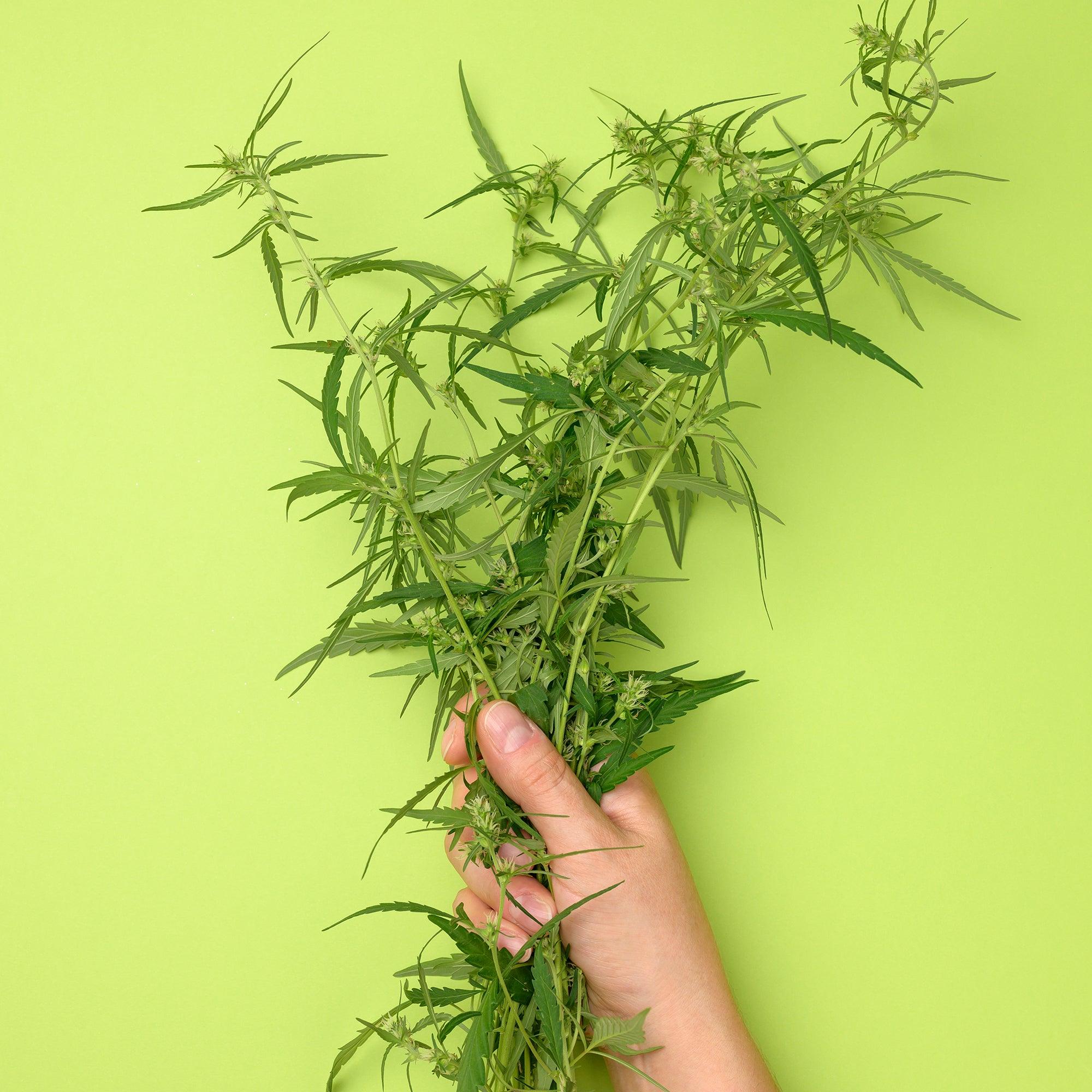The Skin Microbiome || The Skin's Friends!

In the ever-changing world of beauty routines and skincare trends, it’s easy to overlook a crucial player that isn’t visible to the naked eye: microbes. Yes, you read that right—microbes. These tiny, often overlooked organisms play an incredibly important role in skin health and well-being. In this blog post, we will explore the fascinating world of skin microbes and how our treatment of the skin affects its microbial diversity.
To understand the significance of microbes for skin health, we first need to familiarize ourselves with the concept of the "microbiome." The microbiome is simply the ecosystem of microorganisms, including bacteria, viruses, and fungi, that live on and in our bodies. The skin microbiome constitutes a particularly rich and varied environment, with millions of microbes colonizing its surface.
These microbes are not just passive spectators; they are crucial for maintaining skin health in several ways. Firstly, they serve as a barrier against harmful pathogens by competing for resources and producing substances that inhibit the growth of harmful microorganisms. Additionally, the skin’s microbes play a key role in regulating inflammation and immune function, which is essential for preventing skin diseases and maintaining healthy skin.
One of the most interesting aspects of skin microbes is their diversity. Like in other ecosystems, a rich and varied microbial population is essential for maintaining balance and function. Research has shown that imbalances in the skin microbiome, known as dysbiosis, can be linked to a range of skin diseases, including eczema, acne, and rosacea.
But what really affects the microbial diversity on our skin? The answer is complex and involves a range of factors, including genetics, environment, and lifestyle. However, one of the most notable factors is our skincare routine and the products we use daily.
Many of the common skincare products we use, such as soaps, facial cleansers, and creams, contain active ingredients designed to cleanse, moisturize, and treat the skin. However, these products can also have a significant impact on the skin microbiome.
For example, many antibacterial soaps and cleansers contain chemicals like triclosan or triclocarban, which are designed to kill bacteria. While this can be effective in eliminating harmful pathogens, it can also harm the beneficial microbes that are crucial for skin health.
Similar effects can be observed with other skincare products that contain strong chemicals or preservatives. These substances can disrupt the natural balance of the skin microbiome and pave the way for the growth of harmful microorganisms.
But it’s not just the active ingredients in skincare products that affect the skin microbiome. The consistency and formulation of the products can also play a role. For instance, oil-based products can promote the growth of certain microbes while potentially suffocating others, leading to a change in the microbial composition.
So what can we do to support a healthy microbial diversity on our skin? First and foremost, it’s important to be aware of the ingredients in our skincare products and to choose products that are gentle and considerate of the skin’s natural microbiome. Avoiding strong antibacterial products can be a good starting point.
Additionally, we can promote a healthy skin microbiome by adopting a holistic approach to skincare. This includes eating a balanced diet rich in nutrients and fibers, reducing stress, and avoiding excessive use of skincare products.
Caring for our skin isn’t just about achieving outer beauty; it’s also about promoting health and well-being from the inside out. By understanding and respecting the complex world of skin microbes, we can work towards maintaining balanced and healthy skin. So the next time you apply your skincare product, remember that you’re not just treating your skin—you’re also nurturing the living ecosystem that resides on its surface.




Comments